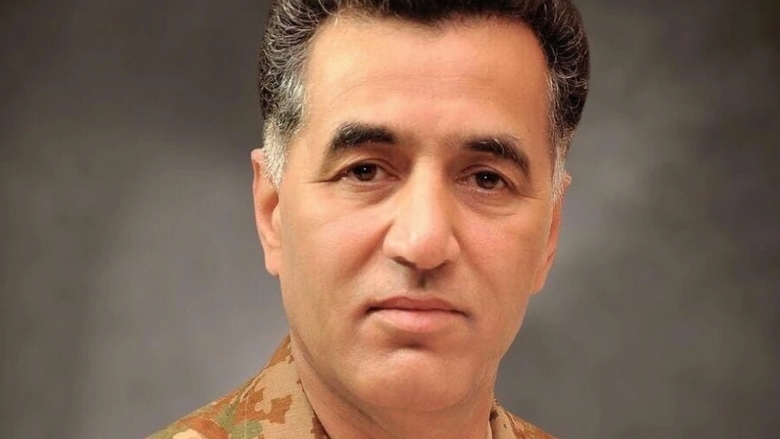On June 13 Pakistan replaced the current Director General of Inter Services Intelligence Directorate (ISID), Lt Gen Asim Munir, who had only spent 8 months on the job, with Lt Gen Faiz Hameed.
Hameed is a hardliner general who has spent time in the ISI earlier. As Reuters notes, “Hameed was seen to be hugely influential within ISI during his previous stint at the agency, according to analysts. He was one of the figures who brokered the Faizabad agreement in late 2017, when protesters blocked off roads into capital Islamabad, in an incident that further stoked civilian-military tensions. “He is very hardline,” said Ayesha Siddiqa, an analyst who has also written a book about the military’s business empire, and has been a longstanding critic. “It’s a very hawkish decision. It means the military is not backing down, and it’s going to use more force.”

According to investigative journalist Taha Siddiqui “It’s quite rare to see such high-profile restructuring within the top posts of the military, given that the last spymaster Lt Gen Asim Muneer only spent eight months in the office of the DG, ISI, and has now been transferred to lead a corps in the Punjab province.”
Siddiqui notes that “it is believed that the current Army Chief, General Qamar Bajwa, who has only four months left in office, is consolidating his power and bringing his favourites to the top in a bid to secure an extension. However, at this stage this is mere speculation, and the Pakistan Army in the past has had to face strong criticism whenever its chiefs have sought extensions in their tenure which normally lasts for three years. The last time an army chief got an extension was in 2010, when the then head of the Pakistani military, General Ashfaq Parvez Kayani, got a three year extension and faced immense criticism over it.”
As Siddiqui points out Faiz Hameed “is from the Baloch Regiment, and in recent times he has also been the in-charge, for the internal security wing at the ISI. Given the tight-lipped nature of the military, we may never get to know the official reason as to why the spy chief was changed, but General Faiz’s credentials in the recent past do give an idea about what is to come under his tenure as the chief of the spy agency, the ISI, known for its controversial practices within Pakistan and in the region.”
The new DG ISI’s name “first appeared during the 2017 sit-in staged by a pro-blasphemy law political extremist group called the Tehreek-e-Labbaik Pakistan (TLP), who had blocked a major entrance into Islamabad city for weeks, demanding the then government of former Prime Minister Nawaz Sharif to punish those who had proposed changes in the oath the parliamentarians are supposed to recite when elected. The change in some of the words were deemed blasphemous by the TLP.”
Hameed’s name “resurfaced again in July 2018 when former Prime Minister Nawaz Sharif called General Faiz the main man behind the political wheeling and dealing that saw Sharif’s party losing the 2018 general elections. Sharif alleged that he was the man forcing the former’s party members to switch loyalties.”
Finally, Hameed’s “appointment comes at a crucial time for a few other reasons apart from that of Bajwa’s extension. Pakistan is currently facing immense internal pressures from multiple fronts, with the main one being a grass-roots rights movement called the Pashtun Tahafuz Movement (PTM) that has challenged the military narrative about so-called ‘War on Terror’, and is exposing the military’s abusive human rights practices in their region next to the Pakistan-Afghanistan border. The military has unsuccessfully tried to crush this movement, but it has only gotten bigger. Secondly, the country’s combined political opposition in the Parliament has been threatening for country-wide protests due to the economic mismanagement of the Khan-led PTI government that has pushed Pakistan towards bankruptcy and a downward spiral of most economic indicators. In such a scenario, it appears that General Hameed has been brought in to ensure that any political and intellectual opposition in the country is effectively crushed, and Pakistan’s slide toward absolute authoritarianism continues unhindered.”
![]()





